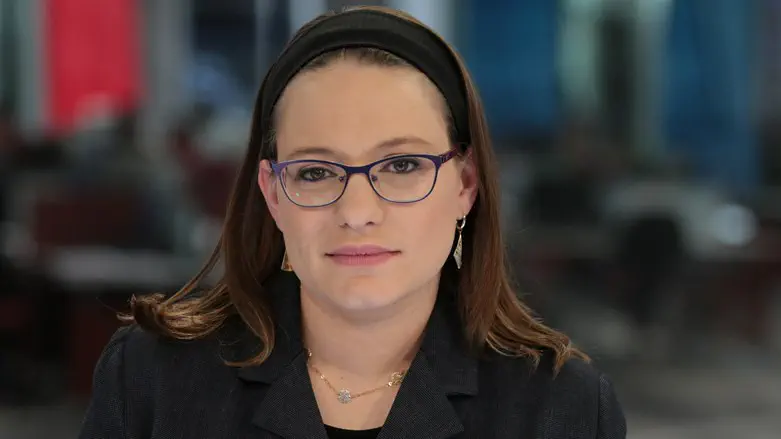
* Translation by Yehoshua Siskin (http://yehoshuasiskin.blogspot.com)
Something strange happens in this week's Torah portion. At the height of tension, a moment before Moshe and Aharon set off on their mission to speak to Pharaoh, to initiate the Exodus from Egypt, the Torah stops to describe in detail the brothers' family tree. Starting with Ya'akov Avinu, generation after generation, until the arrival of Aharon and Moshe themselves.
Two hundred years ago, Rabbi Shimshon Raphael Hirsch explained that the Torah wanted to shatter the widespread illusion that a great leader must be descended from God Himself. This is a destructive mindset, and the Torah takes pains to emphasize that Moshe, although he performed wondrous deeds, was human.
Rabbi Hirsch wrote as follows: "Our Moshe was human, remained human, and would never be anything but human. Everyone knew his parents, his parents' parents, his uncles and aunts, and all his other relatives. He was flesh and blood, subject to human nature with all its flaws and weaknesses, a man like all other men. Moshe's family history is meant to forever dispel the notion that his origin was divine."
From here we can learn something more: The same force within Moshe that brought about redemption exists in each of us. We cannot allow ourselves to push it aside, wait for a miracle, and sit by passively. We must act to change the reality around us. Moshe Rabbeinu was only human, just like you and me, but from him we learn the heights we can reach, if only we make the effort.
But his meeting with Pharaoh emphasizes that not all human beings try to reach heights - some do exactly the oppositee. What's the difference between the righteous and the wicked?*
While we make positive resolutions all the time, we do not necessarily succeed in implementing them. We regret a certain behavior but fail to stop exhibiting it. Rabbi Avigdor Nebezahl articulates a profound principle in this regard, as starkly evidenced in Pharaoh's behavior. The wicked Pharaoh repeatedly resolves to free the nation of Israel in order to end a certain plague, but as soon as that plague is over, he continues to behave as before, and the nation is not freed. Rabbi Nebenzahl writes that we can all identify with this behavior.
"The difference between the righteous and the wicked is not that one regrets and the other does not. Both demonstrate regret. Pharaoh,too, had positive thoughts about change, just like all of us. The problem lies in the implementation of those same positive thoughts in real life. When a positive resolution arises in our minds, we must immediately prepare a plan for implementing it the next morning, when the passion for doing so will invariably have waned. We must contemplate how to give permanence to resolutions of the heart. It's not a matter of making a positive resolution, rather its consistent daily implementation.
"The difference between the righteous and the wicked is in the longevity of positive passing thoughts. For the wicked person, such thoughts are short-lived. Every thought of teshuvah quickly disappears and, until the next one, he lives according to the whims of his heart. Yet the righteous person or tzadik desires to create longevity, if not permanence, regarding each positive thought. He extends the influence of each such thought over as much time as he can. His desire is 'to catch' positive passing thoughts and take them into his heart at once, so as to preserve those moments of truth."
Unlike Pharaoh, may we succeed in making positive resolutions that we implement at once.